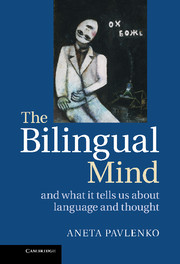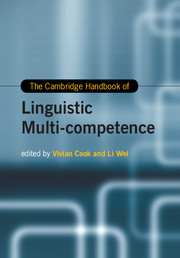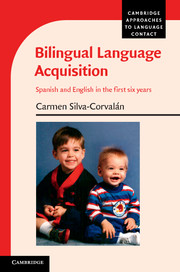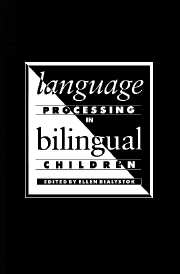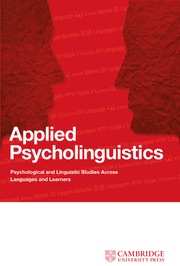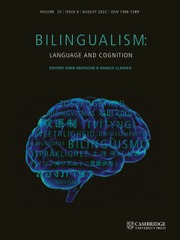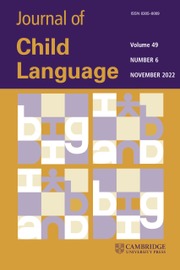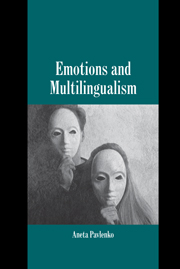The Bilingual Mind
If languages influence the way we think, do bilinguals think differently in their respective languages? And if languages do not affect thought, why do bilinguals often perceive such influence? For many years these questions remained unanswered because the research on language and thought had focused solely on the monolingual mind. Bilinguals were either excluded from this research as 'unusual' or 'messy' subjects, or treated as representative speakers of their first languages. Only recently did bi- and multilinguals become research participants in their own right. Pavlenko considers the socio-political circumstances that led to the monolingual status quo and shows how the invisibility of bilingual participants compromised the validity and reliability of findings in the study of language and cognition. She then shifts attention to the bilingual turn in the field and examines its contributions to the understanding of the human mind.
- The book merges psycholinguistic and sociolinguistic approaches and will appeal to readers from a variety of backgrounds
- Every chapter is supplemented with tables that summarize the key studies in the area, which is useful for readers unfamiliar with the research, providing a cheat-sheet with information on studies that are not easily accessible
- Discussion of scholarly research is interweaved with case studies of famous bi- and multilinguals, such as Nabokov and Chagall; these studies link academic research to everyday life, making the book more lively and accessible
Reviews & endorsements
“A very thoughtful examination not only of bilingualism but of the nature and uses of language generally. It deals with deep issues, but does so with notable clarity.”
--Jerome Bruner, University Professor Emeritus, NYU
‘This is a wonderful book which brings critical insights deriving from a bilingual perspective to bear on linguistic theory in general. While one may disagree with Pavlenko’s complete rejection of semantic universals, the book will surely have a galvanizing effect on the study of language and cognition, and many will see it, I expect, as a milestone in the history of linguistics.’
--Anna Wierzbicka, Australian National University
‘Aneta Pavlenko addresses the intriguing relationship between language and thought in bi- and multilinguals in a unique, comprehensive and refreshing manner. Her beautifully written and lively work deserves to become a milestone in the field.’
--François Grosjean, University of Neuchâtel, Switzerland
Product details
April 2014Paperback
9780521716567
400 pages
227 × 150 × 21 mm
0.58kg
14 tables
Available
Table of Contents
- 1. The Sapir-Whorf Hypothesis and the bilingual turn in the study of language and cognition
- 2. Material worlds: linguistic categorization of the 'kaleidoscopic flux of impressions'
- 3. Multidimensional worlds: number, time, and space as linguistic systems of symbolic relationships
- 4. Dynamic worlds: linguistic construal of motion events
- 5. Narrative worlds: locating ourselves in storylines
- 6. Discursive worlds: inner speech, interpretive frames, and the accomplishment of intersubjectivity
- 7. Emotional worlds: emotion categorization, affective processing, and ascription of significance
- 8. The bilingual mind and what it tells us about language and cognition: some renegade thoughts.

